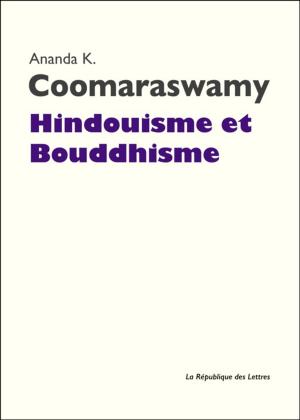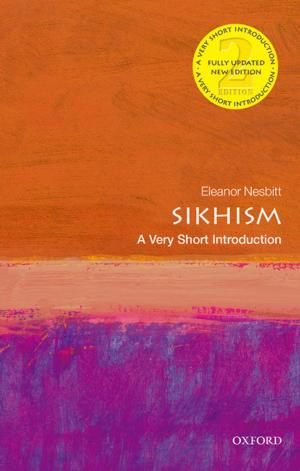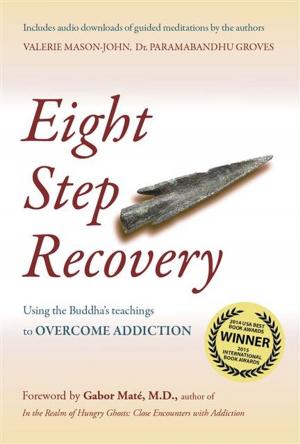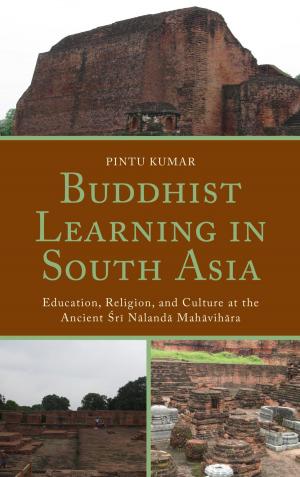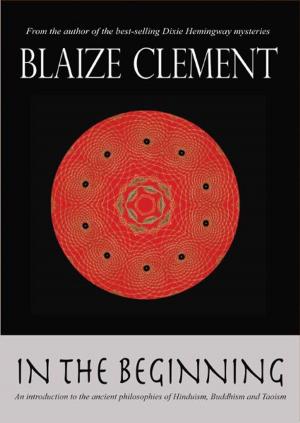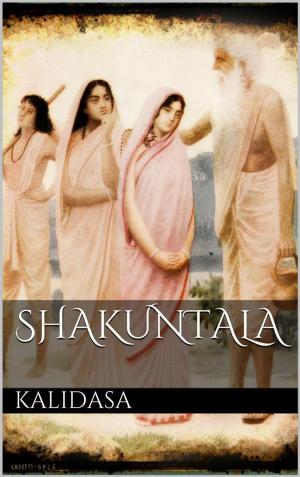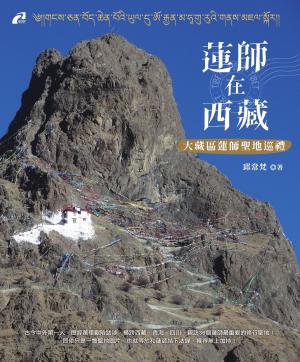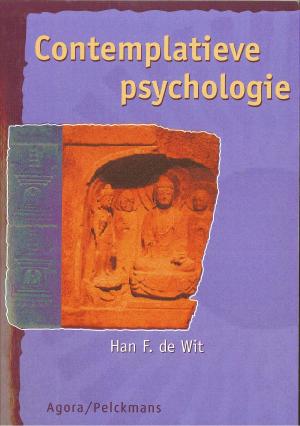Wise Leadership: Timeless Wisdom from the Ancient Chinese
The Ancient Chinese Teach the Most Profound Leadership Wisdom
Nonfiction, Religion & Spirituality, Philosophy, Eastern| Author: | Sheh Seow Wah | ISBN: | 9789810759933 |
| Publisher: | Dr Sheh Seow Wah | Publication: | May 5, 2013 |
| Imprint: | Language: | English |
| Author: | Sheh Seow Wah |
| ISBN: | 9789810759933 |
| Publisher: | Dr Sheh Seow Wah |
| Publication: | May 5, 2013 |
| Imprint: | |
| Language: | English |
This book was written based on the works of the Chinese classics that include the school of naturalism of Lao Zi (about 570 BC), Lie Zi (about 4th century BC), Zhuang Zi (369-286 BC) and Huai Nan Zi (about 2nd century BC), the school of humanism of Confucius (551-479 BC) and Mencius (372-289BC), the school of legalism of Xunzi (313-238 BC) and Han Fei Zi (280-233 BC), and finally the school of utilitarianism of Mozi (479-381 BC). The Ancient Chinese teach the most profound leadership wisdom. Wisdom is not just about intelligence or cleverness. Wisdom is an integration of intelligence with experience and an integration of science and philosophy. Wisdom comes from living, from making mistakes, from listening to others and learning from others. This concept of ‘leadership by wisdom’ is highly relevant in today’s leadership study and development. The wisdom of a leader should embrace the virtues of benevolence and morality with deep insights and creativity in perspective. It is insufficient for a leader to be knowledgeable or intelligent yet far from wise. In today’s context, many leaders at organizational, national and international levels are grossly lacking in the wisdom to lead others. Wisdom is still a deficit in many of our world leaders today. “The difference between a wise and unwise person is that a wise person makes fewer ‘bad’ mistakes than an unwise one. So, be wise.” Chinese philosopher Xunzi defined leadership: “The lord is the boat; his subjects the water. It is the water that sustains the boat, and it is the water that capsizes the boat.” (Book 9.4 of Xunzi, Knoblock, 1999) Dr. Sheh has written five books on Chinese philosophy and management, his latest work being, Wise Leadership: Timeless Wisdom from the Ancient Chinese, which is a leadership handbook that transcends time and space. It transcends time as the ancient principles expounded in this book are timeless wisdom applicable to our times. It transcends space as the leadership theories discussed are universal principles that cut across nationalities and cultures. It is a remarkable reference of intellectual understanding for leaders and potential leaders. Prof. Lee Cheuk Yin Department of Chinese Studies, National University of Singapore In contemporary times, many countries and great organizations are still facing leadership crises. This book is very timely as it examines the importance of wisdom in leading a country or an organization and highlights the key strengths and weaknesses of the ancient and contemporary leaders in a readable manner. The author provides unbiased insights into the characteristics and psychology of the average Chinese leader, which can be summed up as: “Be pragmatic by doing things that can really benefit others” and “Do not recommend things that cannot be put into practice.” Professor Dr. FOO Check Teck Founder and CEO of Sun Tzu’s Art of War Institute, Singapore and Founding Editor-in-Chief of Chinese Management Studies, Emerald The Chinese culture is one of the four oldest civilizations on Earth. In the last 2,500 years, the evolution of Chinese culture was very much influenced by three molding forces: Confucianism, Daoism, and Buddhism that have made the Chinese way of life intensely practical as well as philosophical. Until today, the doctrine of Confucianism has not ceased to exert a vital influence on the Chinese way of life. In the 21st century, the Confucian World will continue to play an active role in the world, not just in the case of economic activity but culturally as well. Associate Professor Dr. Koh Hock Kiat Director, Confucius Institute, NTU, Singapore
This book was written based on the works of the Chinese classics that include the school of naturalism of Lao Zi (about 570 BC), Lie Zi (about 4th century BC), Zhuang Zi (369-286 BC) and Huai Nan Zi (about 2nd century BC), the school of humanism of Confucius (551-479 BC) and Mencius (372-289BC), the school of legalism of Xunzi (313-238 BC) and Han Fei Zi (280-233 BC), and finally the school of utilitarianism of Mozi (479-381 BC). The Ancient Chinese teach the most profound leadership wisdom. Wisdom is not just about intelligence or cleverness. Wisdom is an integration of intelligence with experience and an integration of science and philosophy. Wisdom comes from living, from making mistakes, from listening to others and learning from others. This concept of ‘leadership by wisdom’ is highly relevant in today’s leadership study and development. The wisdom of a leader should embrace the virtues of benevolence and morality with deep insights and creativity in perspective. It is insufficient for a leader to be knowledgeable or intelligent yet far from wise. In today’s context, many leaders at organizational, national and international levels are grossly lacking in the wisdom to lead others. Wisdom is still a deficit in many of our world leaders today. “The difference between a wise and unwise person is that a wise person makes fewer ‘bad’ mistakes than an unwise one. So, be wise.” Chinese philosopher Xunzi defined leadership: “The lord is the boat; his subjects the water. It is the water that sustains the boat, and it is the water that capsizes the boat.” (Book 9.4 of Xunzi, Knoblock, 1999) Dr. Sheh has written five books on Chinese philosophy and management, his latest work being, Wise Leadership: Timeless Wisdom from the Ancient Chinese, which is a leadership handbook that transcends time and space. It transcends time as the ancient principles expounded in this book are timeless wisdom applicable to our times. It transcends space as the leadership theories discussed are universal principles that cut across nationalities and cultures. It is a remarkable reference of intellectual understanding for leaders and potential leaders. Prof. Lee Cheuk Yin Department of Chinese Studies, National University of Singapore In contemporary times, many countries and great organizations are still facing leadership crises. This book is very timely as it examines the importance of wisdom in leading a country or an organization and highlights the key strengths and weaknesses of the ancient and contemporary leaders in a readable manner. The author provides unbiased insights into the characteristics and psychology of the average Chinese leader, which can be summed up as: “Be pragmatic by doing things that can really benefit others” and “Do not recommend things that cannot be put into practice.” Professor Dr. FOO Check Teck Founder and CEO of Sun Tzu’s Art of War Institute, Singapore and Founding Editor-in-Chief of Chinese Management Studies, Emerald The Chinese culture is one of the four oldest civilizations on Earth. In the last 2,500 years, the evolution of Chinese culture was very much influenced by three molding forces: Confucianism, Daoism, and Buddhism that have made the Chinese way of life intensely practical as well as philosophical. Until today, the doctrine of Confucianism has not ceased to exert a vital influence on the Chinese way of life. In the 21st century, the Confucian World will continue to play an active role in the world, not just in the case of economic activity but culturally as well. Associate Professor Dr. Koh Hock Kiat Director, Confucius Institute, NTU, Singapore

